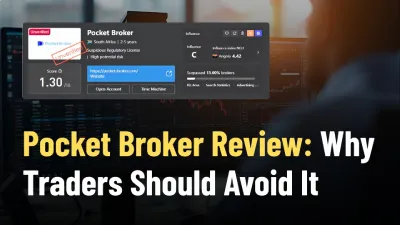Abstract:Bank of Japan Governor Haruhiko Kuroda won’t change his ultra-low interest rate policy in the coming quarters, even though he’ll come under political pressure to do so over the weak yen, according to one of the country’s former chief currency officials.

Bank of Japan Governor Haruhiko Kuroda won‘t change his ultra-low interest rate policy in the coming quarters, even though he’ll come under political pressure to do so over the weak yen, according to one of the countrys former chief currency officials.
“The political pressure from the people, parliament and media is going to be a bit higher,” said Hiroshi Watanabe, who served as currency chief in the 2000s in a Bloomberg TV interview Monday. “But I think there isnt going to be a big change in monetary policy.”
Even though major global peers including the Federal Reserve and the Bank of England have begun raising rates, Watanabe expects the BOJ to be more concerned about existing weakness in the economy for now and the need to keep supporting the recovery, as shown by the Tankan report last Friday.
The data showed the first deterioration in the mood among businesses in nearly two years as they try to deal with input costs rising at the fastest pace in four decades.
The comments come amid speculation that the BOJ may need to tweak policy if markets continue to test the limits of the central banks stimulus settings and public discontent continues to rise over soaring energy prices amplified by the weak yen.
“I think the political side is going to have some pressure to protect the yen against depreciation,” said Watanabe, who currently serves as President of the Institute for International Monetary Affairs, hinting that the onus is on the government to keep an eye on the currency.
Watanabe expects Prime Minister Fumio Kishidas administration to do more to mitigate the negative impacts of the weaker yen, and the increase in fuel and food prices.
Last week Kishida ordered a set of measures to be put together by the end of the month to do just that, in a bid to keep public support buoyant ahead of a summer election.
The weaker yen is having a negative impact not just for consumers and smaller firms but also larger companies, Watanabe said. He doesnt expect the BOJ to change its policy stance as long as the market consensus for the yen remains around 120 to the dollar.








